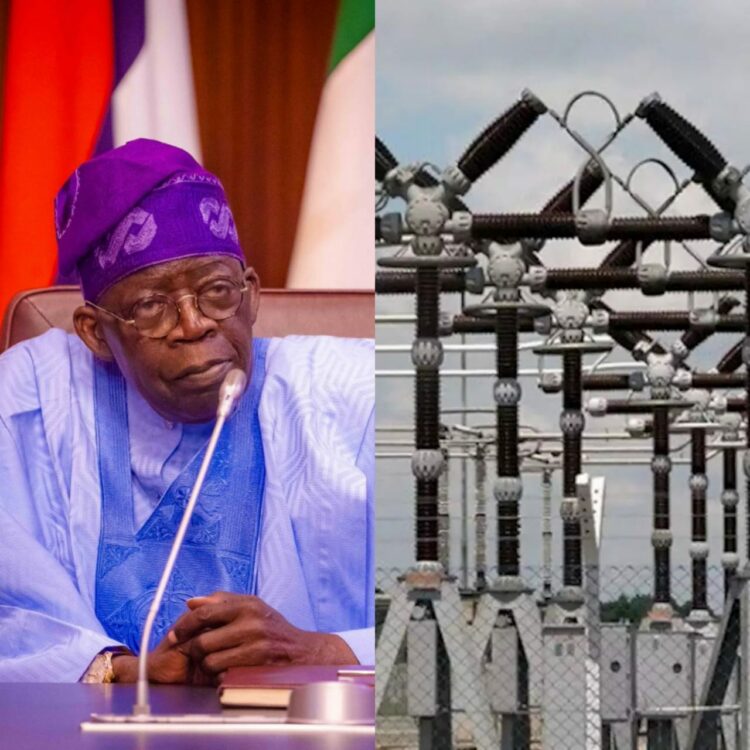States and Individuals can now generate power as President Tinubu has signed an electricity bill into law.
NewsOnline reports that President Bola Tinubu has signed into law, the new Electricity Act 2023 which replaces the Electricity and Power Sector Reform Act 2005.
The new electricity law empowers states and private individuals to generate and distribute electricity but is still subject to regulation by the Nigeria Electricity Regulatory Commission (NERC).
The new law provides a framework to guide the post-privatization phase of the Nigerian Electricity Supply Industry (NESI) and encourage private sector investments.
ALSO: N120bn Debt: MTN, Airtel, Glo, Others Send USSD Withdrawal Notice To Banks
Recall that the law was initially passed in July 2022 by the National Assembly.
What You Need to Know About the New Electricity Law
One of the challenges in Nigeria’s electricity generation, transmission, and distribution system over the years has been monopoly. However, the new electricity law has brought it to an end with new provisions that now empower states private companies, and individuals to generate and distribute electricity.
Under the new law, states can issue licenses to private investors who can operate mini-grids and power plants within the state. However, the Act precludes interstate and transnational electricity distribution.
The Act provides that the Nigerian Electricity Regulatory Commission (NERC) will be able to regulate the electricity sector within Nigeria without prejudice to the powers of the states to make laws and create electricity markets within those states and to regulate those markets.
The act stipulates how NERC can transition regulatory responsibilities from itself to state regulators when they are established.
It further provides that until a state has passed its electricity market laws, NERC will continue to regulate electricity businesses carried out in those states.
Currently, only Lagos, Edo, and Kaduna States have electricity market laws and can start regulating their market.
NERC will still carry out cross-border regulations on generation, and transmission across states.
Under the Act, electricity generating companies will be mandated to generate power from renewable energy sources, purchase power generated from renewable energy, or procure any instrument representing renewable energy generation.
However, the companies licensed to generate electricity are to meet renewable generation obligations as may be prescribed by the Nigerian Electricity Regulatory Commission from time to time.
The law also provides for oversight function by the National Assembly over the Nigerian Electricity Supply Industry (NESI) through its respective Committees on Power in the Senate and House of Representatives. This according to the law, is to be carried out notwithstanding the supervisory powers of any government Ministry over government-owned enterprises or other entities operating in the Nigerian electricity supply industry.
The law also provides that anyone may construct, own or operate an undertaking for generating electricity not exceeding 1 megawatt (MW) in aggregate at a site or an undertaking for distribution of electricity with a capacity not exceeding 100 kilowatts (KW) in aggregate at a site, or such other capacity as NERC may determine from time to time, without a license.
